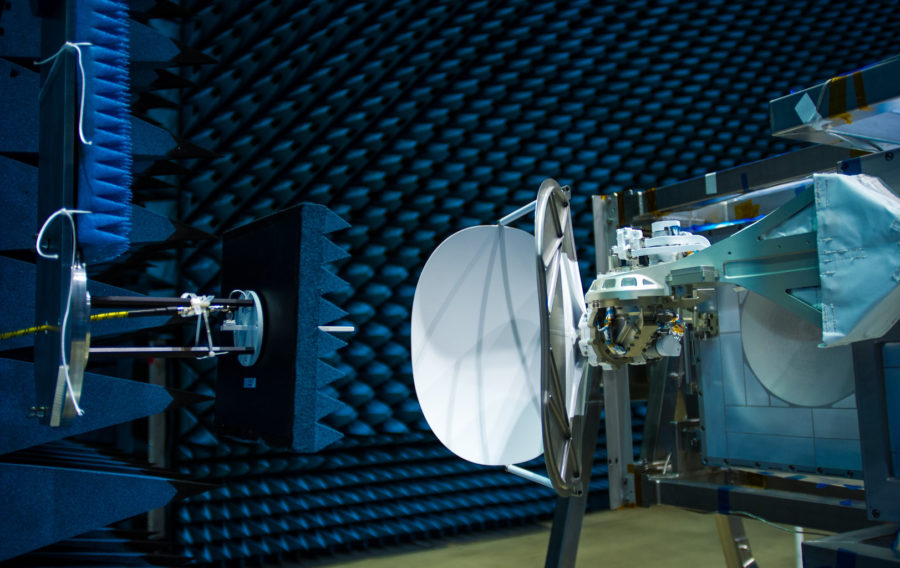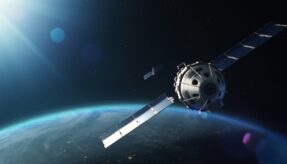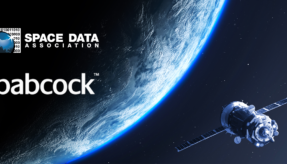
COLKa, a UK-designed communications system, will launch from Virginia and travel to the ISS.
The communications system, COLKa (Columbus Ka-band Terminal), is designed to provide astronauts with direct links to Europe at the speed of home broadband. The fridge-sized device is due to launch aboard a Cygnus supply ship from Wallops Island, Virginia just before 9 pm UK time on 21 February.
Two astronauts will carry out a spacewalk later this year to mount it to the outside of the Columbus module on the ISS. The data will be transmitted to a ground station at Harwell, Oxfordshire, near ESA’s European Centre for Space Applications and Telecommunications, and from there it will be transferred to the Columbus Control Centre and user centres across Europe.
CEO of the UK Space Agency, Dr Graham Turnock, said: “This is the first major industrial contribution from the UK to the ISS and it will revolutionise the ability of scientists in the UK and Europe to access the results of their experiments.”
“This is yet another example of the UK economy benefiting, through investment, jobs and new skills, from our continued collaboration with the European Space Agency.”
Columbus was conceived and designed over 20 years ago when the internet was in its infancy. The laboratory was launched to the Station in 2008 and uses the Station’s network and NASA’s infrastructure for communications with the Columbus Control Centre.
The upgrade will ensure faster communications, independent from the NASA system, to relay much more data from experiments allowing researchers on Earth to see the results of their experiments in near real-time. In November 2019 the UK committed a further £180 million to the global exploration programme, which, along with the lunar gateway and lunar communications, will include bringing back the first samples from Mars and support the US ambition to have a sustainable presence on the Moon through the Lunar Gateway and the lunar communications programme to support astronauts and robots on the Moon.
If you would like to join our community and read more articles like this then please click here.
broadband communications Europe ISS laboratory Space UK Space Agency








